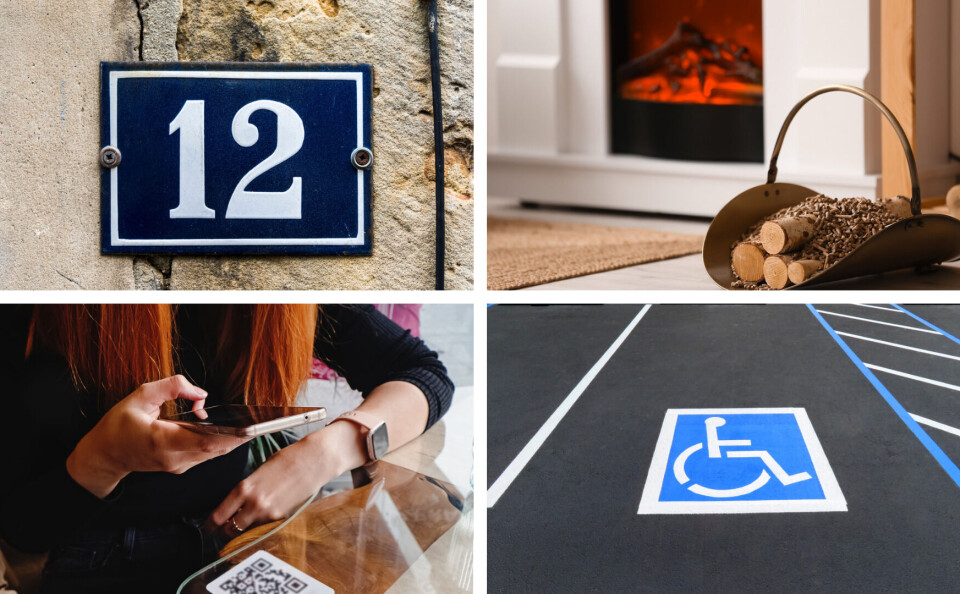-
New Paris-Jersey direct flight to launch this summer
Loganair route forms part of Channel Island’s tourism boost plan
-
Why storms in France have indirectly caused carbon monoxide poisoning
We cover tips and rules for detectors
-
Death of right-wing protester in Lyon sparks fears of further political violence
Quentin D, 23, died after reportedly being ambushed by far-left activists near site of political conference
Tech scams, heating aids, new addresses: 5 French practical updates
Our round up of practical news you may have missed

Aids for wood heating in homes to decrease
Those who wish to install or replace a wood-heating system in their home are being urged to do so now, as government aid towards this will decrease in April.
The means-tested aids will drop by 30% from April 1, due to incoming changes for the MaPrimeRénov’ home renovation scheme.
Currently, those on the most modest income can get up to €750 in assistance.
Read more: Act soon if applying for wood heating grant in France as aid to drop
QR code scams on the rise
Gendarmes and cyber crime specialists in France have launched an awareness campaign against ‘Quishing’.
This scam sees fraudsters using fake QR codes, commonly found in stores and information centres in public, which lead to fake websites or install malicious software on people’s phones.
There are almost 1,000 proceedings underway against scammers who have been caught profiteering from fake codes in France alone.
Read more: Beware new scams involving QR codes in France
App launched to help find disabled parking spots
An app which helps people find disabled parking spaces in their vicinity has been launched in France.
VIP (Very Important Parking) was created in association with quadriplegic athlete Philippe Croizon, and shows around half a million spots in France for disabled drivers.
Future plans for the app include showing more services for disabled people, including accessible toilets and information help points.
Read more: New app helps disabled drivers find parking spaces in France
Be aware of the road name changes
Residents in rural areas who did not already have an address with both a number and street name, will see their address changed by June 1, 2024 at the latest.
The changes to standardise addresses are being made to improve the efficiency of emergency and other services in rural areas, and help workers more easily find the exact location of addresses.
Mairies will send out new address information – including number plaques – and you will be able to use a one-stop shop Service public website to change most, but not all, of your information with official government services.
Read more: Why the new road names in France and who is affected?
Make sure you are set to receive government ‘alert’ messages
A number of residents in the south of France expecting to receive a test warning message from the new FR-Alert system last Friday did not see the message appear, sparking confusion and concern.
Whilst some people may have been out of the catchment area (which in some cases was very near to the coastline), others did not receive it because of the age of their mobile device, or their phone’s settings.
We look at which phones are set to receive future warning messages, and how to check in your device’s settings if you receive alerts or not (it is recommended you do receive them, in the case of a real alert).
Read more: What to do if you live near Mediterranean and missed tsunami SMS alert
Finally, the article below covers recent changes or announcements in January, including some changes that already took place and some scheduled for later in the year.
Read more: 20 changes for residents in France
























